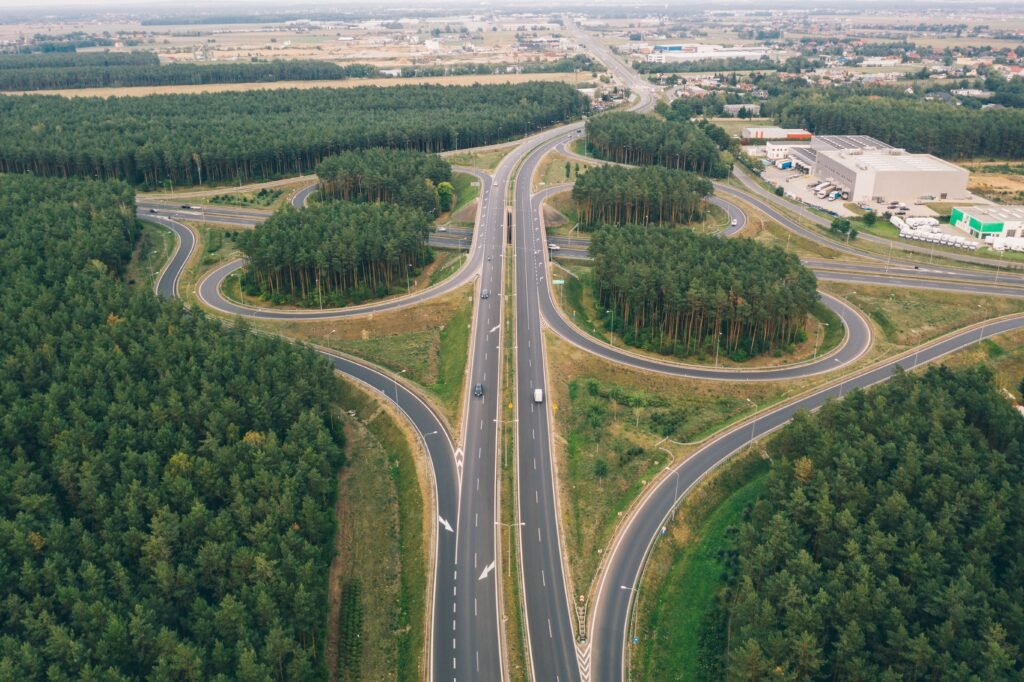Introduction:
In the face of escalating environmental challenges, the call for a ‘Green Revolution’ has never been more urgent. Pakistan, like many countries, grapples with the detrimental effects of pollution on its air, water, and soil. As part of our commitment to sustainable development, test.irtchamber.org.pk proudly presents a comprehensive guide to eco-friendly practices aimed at curbing pollution and fostering a cleaner, greener future.

Sustainable Transportation Solutions:
The transportation sector is a significant contributor to air pollution. Encouraging eco-friendly modes of transport, such as electric vehicles, bicycles, and public transportation, can dramatically reduce carbon emissions. Initiatives to promote walking and cycling not only improve air quality but also contribute to healthier, more active communities. In this section, we will explore sustainable transportation practices and delve into the concept of transportation and sustainability.
Waste Reduction and Recycling Initiatives:
Effective waste management is crucial for preventing pollution. Implementing recycling programs and reducing single-use plastics can go a long way in curbing pollution. Public awareness campaigns on proper waste disposal practices and the importance of recycling can empower communities to make sustainable choices. Within this context, we will discuss how sustainable transit and waste reduction initiatives can work hand in hand.
Green Spaces for Cleaner Air:
- Increasing green spaces within urban landscapes serves as a natural antidote to pollution. Trees and plants act as natural air purifiers, absorbing pollutants and releasing oxygen. Community-led initiatives for tree planting and the maintenance of parks and green areas contribute not only to cleaner air but also to enhanced overall well-being. This section will touch upon the role of green transportation in preserving and enhancing these vital green spaces.
Environmental Education and Awareness:
- Education is a powerful catalyst for change. Promoting environmental awareness through workshops, seminars, and community outreach programs can inspire individuals to adopt eco-friendly habits. Collaborating with schools, colleges, and local organizations can create a ripple effect of positive change across communities. Here, we’ll explore how sustainable transportation practices tie into broader environmental education initiatives.

Advocacy for Sustainable Industries:
- The business sector plays a pivotal role in pollution reduction. Encouraging industries to adopt sustainable practices, invest in green technologies, and adhere to environmental standards is essential. Collaboration between the business community and environmental organizations can pave the way for responsible industrial practices. This section will discuss the intersection between sustainable transit and the broader framework of industrial sustainability.
Stringent Environmental Regulations:
- Robust environmental regulations and their consistent enforcement are fundamental for pollution control. Governments, NGOs, and businesses should work together to establish and uphold stringent environmental standards. Regular monitoring and reporting mechanisms can identify and rectify sources of pollution promptly. Within this discussion, we’ll touch upon the role of sustainable transportation in meeting and exceeding these environmental regulations.
Harnessing Renewable Energy:
- Reducing reliance on fossil fuels is imperative for pollution reduction. Pakistan boasts abundant renewable energy resources, particularly solar and wind power. Investing in and promoting renewable energy not only mitigates air pollution but also ensures a sustainable energy future for the country. In this context, we’ll explore how sustainable transportation aligns with and contributes to the broader goals of harnessing renewable energy.
Community Engagement for Lasting Impact:
- The fight against pollution is a collective effort. Community engagement and collaboration among residents, businesses, and organizations are vital for the success of pollution reduction initiatives. By fostering a sense of shared responsibility, we can build a resilient and eco-conscious society. Throughout this section, we’ll emphasize the importance of sustainable transit practices as a cornerstone for community-driven, lasting impact.
